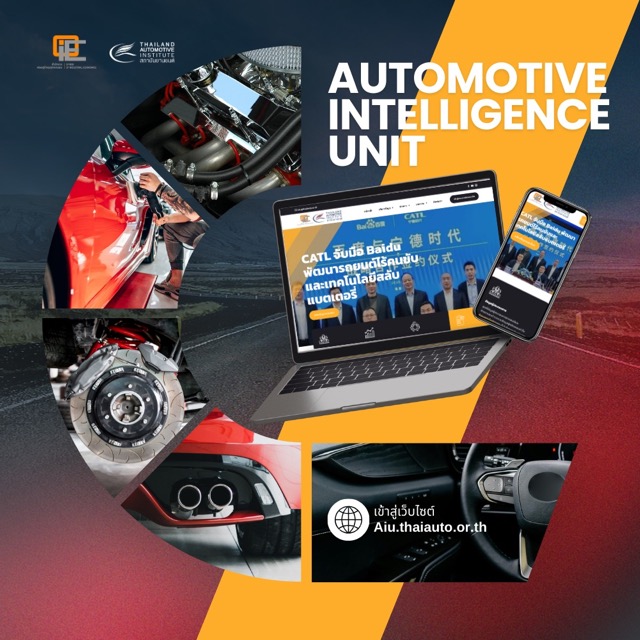Volkswagen brand does not expect to have problems with supplies of battery cells for its new wave of full-electric cars. Other automakers, including Audi and Hyundai, have suffered bottlenecks in battery supplies.By 2021, VW Group plans to build 330,000 electric vehicles a year for its VW, Audi and Seat brands at its plant in Zwickau, Germany.The first is the VW ID3, which starts series production later this year after its debut at the Frankfurt auto show in September. The ID3, the first of a new family of purpose-built VW brand EVs, will be delivered to the first customers in mid-2020."I can confirm that for the first years of our plan, a sufficient supply of cells has been contractually secured," said Thomas Ulbrich, VW brand management board member in charge of electric mobility, adding this was the case until 2023. Ulbrich refuted speculation in the German press that VW's current battery cell suppliers may cancel contracts after VW's decision to invest 1 billion euros in a battery cell plant in Salzgitter, Germany, with Swedish partner Northvolt."They probably hoped to maintain an oligopoly for a very long time," Ulbirch said. "We have the contracts so no one is going to stand there and tell us 'we are not going to supply you any more, help yourselves if you want to build them anyway,' -- that’s not possible."VW's electric rollout translates into battery demand of more than 300 gigawatt hours in Europe and Asia alone in the next 10 years, outstripping current market capacities. VW has picked LG Chem, Samsung and SK Innovation as battery suppliers for Europe along with Contemporary Amperex Technology for China. It later added SK Innovation as partner for North America as well, starting in 2022.VW is making changes to its battery-purchasing plan over concerns that supply deal with Samsung, might unravel, Bloomberg reported in May. VW could now only source fewer than 5 gigawatt hours of cells from Samsung SDI rather than the 20 GWh initially planned, sources told Bloomberg.Ulbrich did not deny the Samsung report, saying that the automaker is and will be looking for future supply to cover its growing demand."Our procurement needs continue after that (first wave) however," he told reporters in Berlin."You will likely see us permanently in negotiations for cells for the next three to five years."Supply constraintsReports have suggested that VW Group's Audi brand is having difficulty with production bottlenecks for EV batteries.Audi has revised downward planned production for its first series EV, the e-tron at its Brussels factory, according to a report in the Belgian newspaper L'Echo.Audi planned to build 55,830 e-trons this year but the number has been revised to 45,242, the paper said, citing internal documents.Audi launched sales of the e-tron in Europe in March.In addition Audi has been forced to push back its plans to start production of the e-tron Sportback to 2020 from the end of this year to the start of 2020, L’Echo said. The reason is a shortage of supply of battery cells from LG Chem, a factory insider told the paper.Audi has added Samsung SDI as a battery cell supplier for the e-tron, a company spokesman told Automobilwoche, a sister publication of Automotive News Europe.When Hyundai launched a battery-powered version of its Kona small crossover in Europe last year, the waiting list for the car was up to a year because of a constraints in the availability of the batteries, Lee Ki-sang, head of Hyundai’s eco-technology development center, told ANE in October.VW brand aims to build more than 1 million electric cars a year in factories in Europe, China and the U.S. by 2025.
เรื่อง โฟว์คสวาเก้นประสบปัญหาการจัดหาแบตเตอรี่
โฟว์คสวาเก้นมีการจัดหาผู้ผลิตแบตเตอรี่เพื่อรองรับความต้องการรถยนต์ไฟฟ้าที่เพิ่มขึ้น(1 ล้านสำหรับโรงงานนยุโรปและจีน ในปี 2025) โดยวาง LG Chem, Samsung and SK Innovation ในการผลิตแบตเตอรี่สำหรับผลิตในยุโรป Contemporary Amperex Technology ผลิตในจีน และK Innovation อเมริกาเหนือปัจจุบันออดี้ประสบปัญหาไม่สามารถผลิตรถยนต์ไฟฟ้าได้ตามแผน(แผน 55,830 คัน ผลิตได้ 45,242 คัน) ประกอบกับจะมีการเปิดรถยนต์ไฟฟ้ารุ่นใหม่ e-tron Sportback ออดี้จึงทำการเพิ่มผู้ผลิตแบตเตอรี่จากเดิมมีเพียง LG Chem และจะเพิ่ม Samsung SDI เพื่อให้สามารถผลิตรถยนต์ไฟฟ้าให้ได้ตามแผน ในขณะที่ ฮุ่นได ก็ได้เปิดตัวรถรุ่น Kona เมื่อปีที่แล้ว แต่ก็ได้มีการเลื่อนการส่งมอบเนื่องจากปัญหาด้านการจัดหาแบตเตอรี่
ที่มา : https://europe.autonews.com/automakers/volkswagen-sees-battery-cell-supply-secured-first-wave-evs

